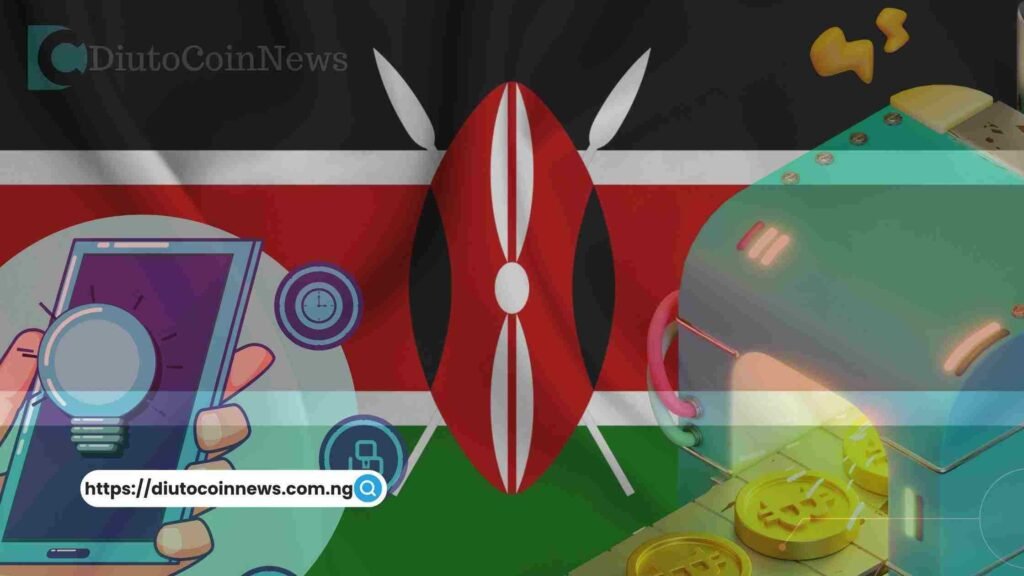Kenya’s government will move toward repealing its digital services tax (DST) following talks with businesses, President William Ruto said at a business conference in the country
DST, as the name suggests, only applies to services which are provided through digital channels. It is imposed on owners of the platforms that charge a commission on the sellers and usually are non-residents such as Google, Netflix, Meta, Twitter and Microsoft, Airbnb, Trip Advisor, and Booking.com.
DST does not apply to residents or local companies because they are subject to income tax and corporate tax.
DST also does not apply to those selling on digital channels such as merchandise sellers and digital taxi-hailing drivers because they are required to file income tax.
What reforms have been made to the international tax system by OECD countries?
In 2015, OECD/G20 began a discussion on a unified approach. In 2020, they made a proposal under a two-pillar approach.
Pillar One targets big companies and the most profitable especially multinationals with global sales above EUR 20 billion euros (Sh2.7 trillion).
Also Read: Kenya Crypto Asset Bill To Encompass Securities Trading.
The tax is to be computed globally by the parent entity and then distributed based on market consumption. This means the company will deduct 10 percent of their profits.
Out of the balance of the profits, 25 percent will be redistributed in every country where the company sells its services.
The taxpayers are not required to file corporate tax since they don’t have a permanent establishment. This makes DST equivalent to corporate tax.
However, they are required to account for the 16 percent VAT rate passed to consumers. Some of these taxpayers are also subject to withholding tax at the rate of 20 percent especially those providing services like software to companies, which has seen their collections above what is collected DST.
Discover more from DiutoCoinNews
Subscribe to get the latest posts sent to your email.













